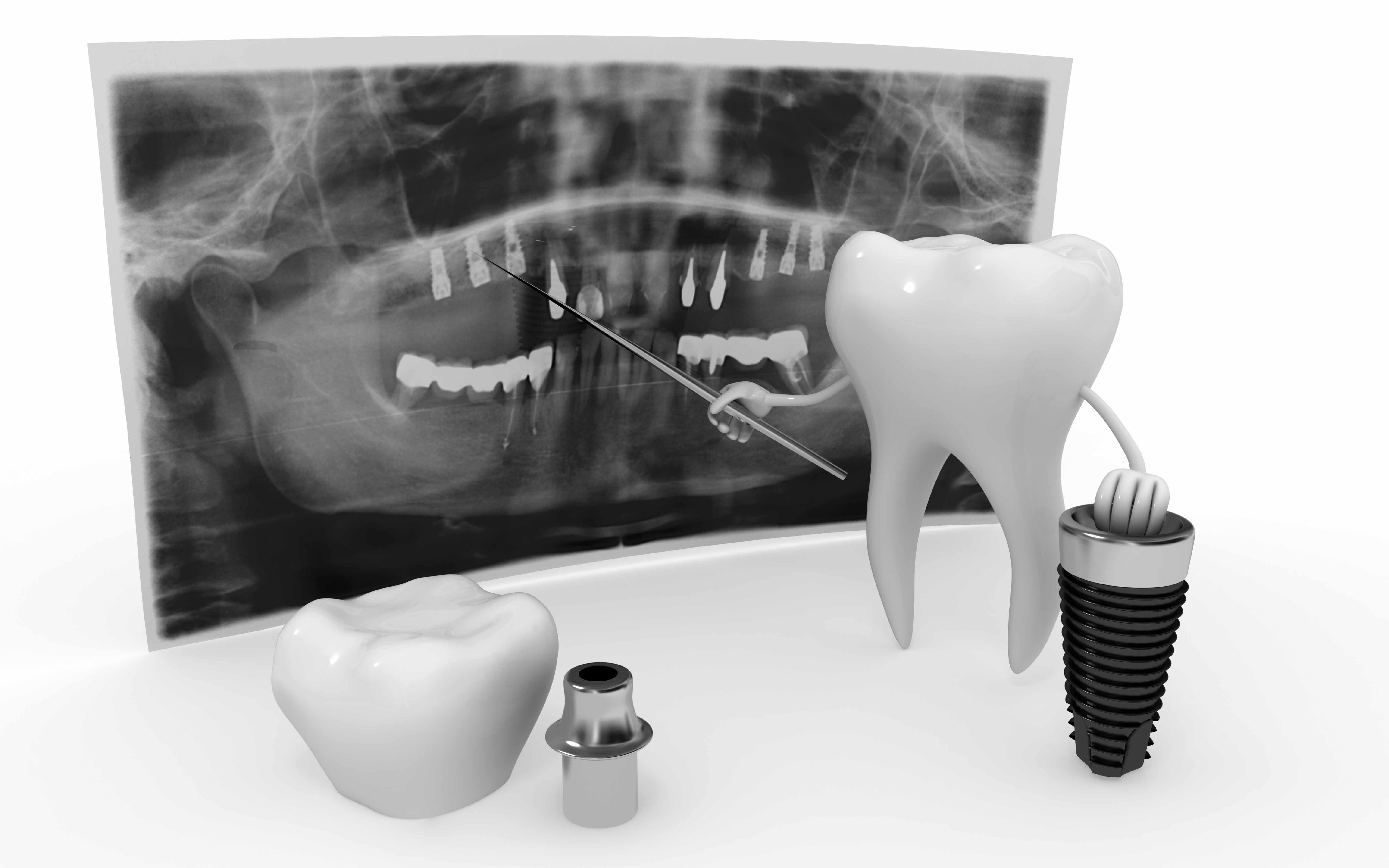
Frequently Asked Questions About Dental Implant

Dental implants that replace the lost tooth root are permanent metal screws. These metal screws hold dental crowns, bridges, or artificial teeth such as dentures in place. Dental implants can be made in place of a single tooth or can be applied to fill the place of more than one tooth cavity.
What Are the Benefits or Advantages of a Dental Implant?
Dental implants have many advantages. These;
- It improves chewing and speaking ability caused by dental cavities.
- It makes your smile better and gives an aesthetic appearance.
- It secures removable bridges and dentures while allowing you to have permanent teeth.
- It helps to close the gaps without damaging the neighboring teeth.
What are the Risks and Complications of Dental Implants?
As with any surgery, there are various risks of complications after dental implant surgery. Possible risks after the operation are as follows;
- Infection
- nerve damage
- Sinus damage
- Improper implant placement
- Allergic reaction to titanium, albeit very rare
If your procedure was performed by an experienced surgeon, you will have a very low chance of developing complications. If you are considering a dental implant, you should make sure that the surgeon you will receive support from is experienced.
Who is Risky to Have a Dental Implant?
Dental implants contain high risk factors in some cases. If you have one or more of the following conditions, it may not be suitable for you to have an implant;
- those under the age of 18; because the growth of the chin is not yet completed at this age and most surgeons do not find it appropriate to place an implant in this case.
- Smoking or using tobacco products
- Significant bone loss in the jaw
- having poor oral hygiene
- Existing untreated gum disease
- Suffering from bone disorders or autoimmune diseases
Each person's health history is different from the next. For this reason, you should contact an experienced dentist to find out if you are suitable for dental implants.
How long does recovery take after dental implant surgery?
Recovery time after dental implant surgery may vary from person to person, but most patients can return to their daily activities in about 3 days. You will still need a few months for your jawbone to fuse around the implant. This healing process is called osseointegration and is critical to the long-term use and stability of your dental implant.
After the dental implant operation, your recovery is periodically checked by the surgeon performing the procedure. After your dental implant fuses with the jaw, tooth restoration takes place. Performing tooth restoration before the implant fuses with the jawbone may result in implant failure.
How Long Does a Dental Implant Last?
Currently, dental implants are the longest lasting dental treatment available. With proper care, it can be used for a lifetime. However, restorations on the implant must be replaced at some point. Most crowns and bridges have a lifespan of around 15 years, while dentures have a lifespan of at least years. However, of course, these periods may vary depending on whether or not oral and dental care is done correctly.
Are Dental Implants Safe?
Yes, dental implants are safe when placed by a skilled and experienced surgeon. Dentists have been recommending dental implants for over 50 years. As long as you have healthy teeth and gums and practice good oral hygiene, dental implants can be a lifelong solution to tooth loss.
Is Dental Implant Application a Painful Procedure?
Placing a dental implant is a surgical procedure. Like any surgical procedure, some discomfort is normal. But nonsteroidal anti-inflammatory drugs (NSAIDs), such as ibuprofen, can help reduce pain and swelling associated with dental implant surgery.
You can also reduce your risk of pain by staying away from the gym for a few days. Raising your heart rate, especially in the first 72 hours, can cause increased pain, swelling, and bruising.